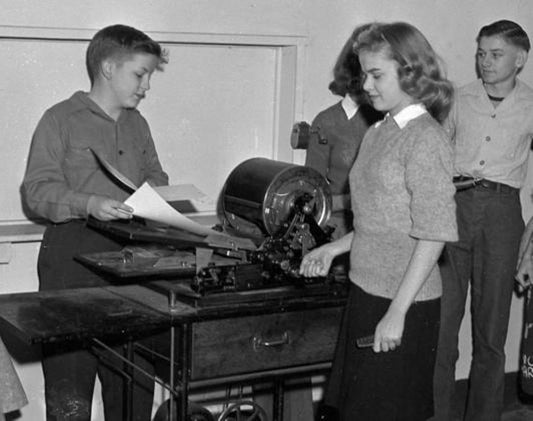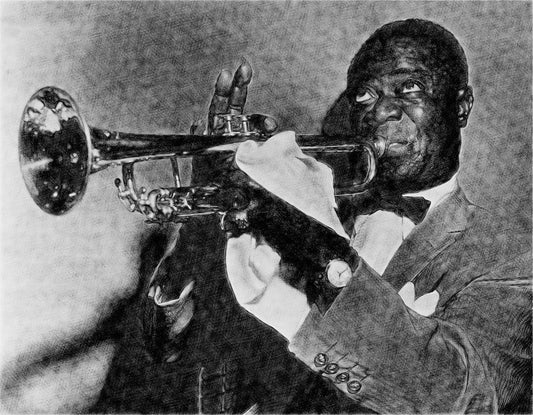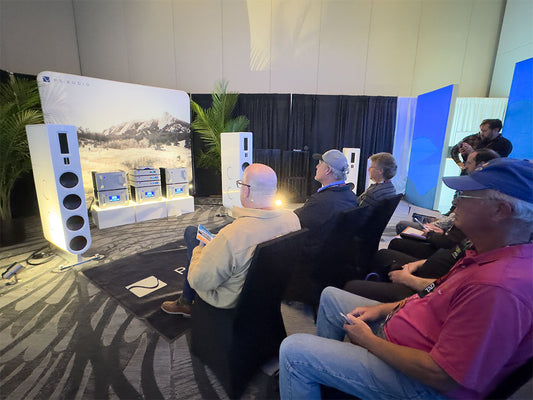It's all in the methodology
by Paul McGowan
On our YouTube channel, a poster declared that after rigorous double-blind testing he could not hear the difference between two DACs. Thus, proof DACs don't sound different.
I would suggest a different dynamic's at work. What he confirmed is our inability to discern subtle differences under non-optimal circumstances. Like performing tastes tests with a clothespin on your nose.
When we perform quick AB switching, befuddle our brains so we no longer know which unit is being tested (A or B), or perform these tests in non-optimized circumstances, we hamper our right brain from doing what it's good at—making emotional conclusions based on sensory perceptions. It's easy to miss the sound of wind rustling through leaves if you're not paying attention.
Unlike some of our senses, like vision, our hearing of subtle nuance requires proper physical and emotional circumstances. Think of how much more sensitive your hearing is when you close your eyes and slow your breathing. This is not just conjecture or Paul's observations. The facts are pretty clear. Our brains can only process so much sensory information at once and first priority is given to our sense of touch: hot/cold/pain; second to our vision. Hearing and tasting are far down the ladder.
By calming ourselves down, quieting the space we are in, closing our eyes to exclude external sensory provocations, and getting into a comfy chair, we focus our abilities on the remaining senses. In particular, hearing.
Rapidly firing between A and B equipment, not being able to tell whether it's A or B, performing said tests in unfamiliar territory in poor conditions like harsh lighting, all work against our abilities to hone in on subtle differences between kit.
This isn't voodooed science or alternative facts.
Just a simple answer to an unending question of why double-blind testing doesn't work.
- Choosing a selection results in a full page refresh.
- Opens in a new window.








